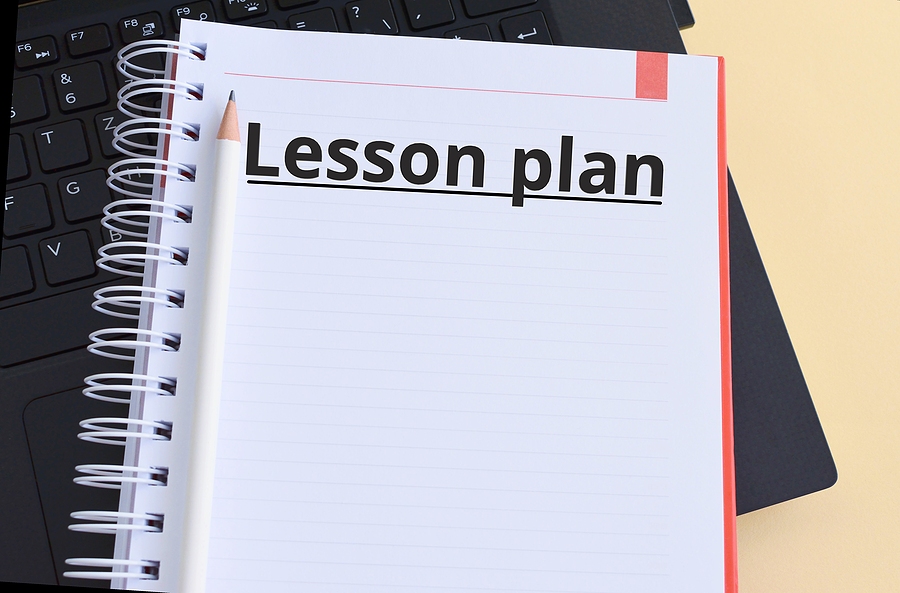It is often said that if you fail to plan, you plan to fail. One of the challenges cited by teachers in the language classroom especially is creating effective lesson plans (Velikaya, 2020).
So, what is an effective lesson plan?
Most certified teachers are familiar with the “clinical” lesson plan where the lesson is carefully divided into slots of duration in minutes with activities, teacher and student interactions and tools (textbook, marker, whiteboard, overhead projector, etc.) clearly written down. Some teacher trainers require a reflective box listing the strengths and weaknesses of the lesson and what the teacher could do better next time. Sometimes, an additional space is recommended to write brief notes on any peculiarities of the day’s lesson, such as student behavior, interventions that might have worked, and so on. The lesson plan, therefore, also serves as a journal that the teacher can refer back to for future lessons.
However, does such a lesson plan automatically engage the learner? Perhaps not. An effective lesson plan is one that engages the learner in terms of arousing their curiosity. It uses learning materials appropriate to the age and level of the learners, differentiated resources and a variety of assessment methods.
First, it is important to outline the aims and objectives of the lesson at the start and make sure that the learners understand what they are going to learn, why they are going to learn it and exactly how they are going to learn.
Second, there should be different instructional strategies and activities suitable for different learners. This is commonly referred to as differentiated instruction as it takes individual differences into account.
Third, learners’ interests and choices should be reflected in the lesson plan. How does one do that? It is good practice to start the first English lesson with a needs analysis form. The questions can be based on simple concepts such as likes and dislikes, food and sports preferences, hobbies, and so on.
Next, learners should be allowed to demonstrate their understanding in different ways. There are many ways to do this:
- multiple choice tests
- an essay or paragraph composition
- gap fill (cloze quiz) or matching exercises
- PowerPoint presentation
- speech or role-play situations using everyday language
They could also be tested on a project over a period of time where they research in groups at home and complete brainstorming and discussion in the class with the teacher as monitor and facilitator. The learners can choose from a range of topics based on their course book and decide to present their findings at the end of the course in written or oral form.
Debates are also a great way to promote collaboration, think critically, and present logical arguments. Crossword puzzles and word-guessing games also spark interest. Depending on the age and language level, younger learners learn better with colourful visuals, cartoons and by listening to stories. Older learners usually respond well to carefully chosen videos on YouTube, writing short stories or retelling stories either orally or in written form.
Perhaps the best way to make an engaging lesson plan is to make it fun. A little bit of humor never did any harm. What’s more, it is relaxing and breaks the monotony. The end result of any lesson plan is to ensure deep learning or learning concepts that can be experienced and applied to other situations. Reinforced learning ensures retention and an effective lesson plan does just that!
What are your thoughts on creating an effective and engaging lesson plan?
References
Velikaya, E. (2020). The challenges and opportunities of creating an effective lesson at tertiary level. Indonesian Tesol Journal, 2(2), 116–127. https://doi.org/10.24256/itj.v2i2.1346

